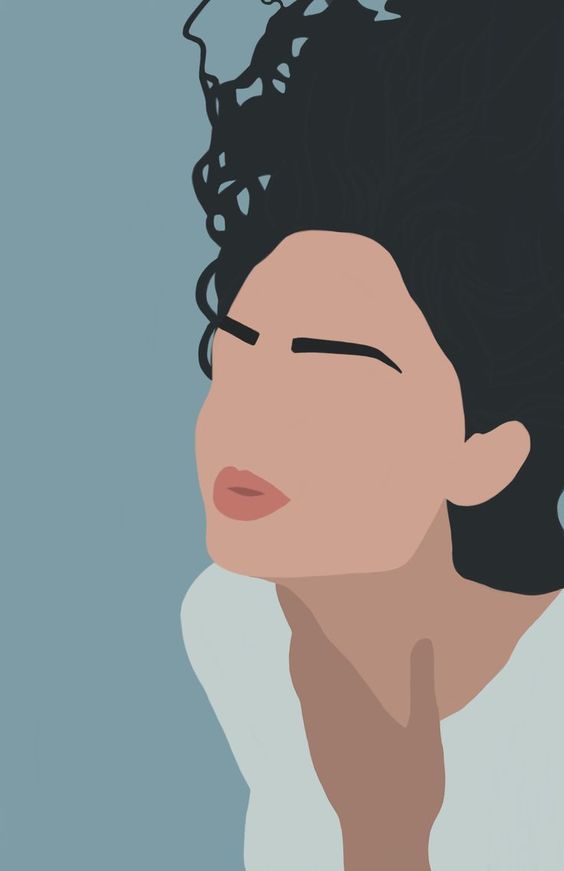For readers who may be reading this for the first time, the province of Ontario, Canada, is known for being one of the most liberal places in North America, especially when it comes to sex education.
Recently, many controversial stirs have taken place amid adjustments made to the province’s sex education program.
To get straight into it: here’s what Ontario Schools will be teaching at schools starting as of September 2019 and here’s what we can learn from Canadian province’s government’s new sex education reforms.
CONSENT
Consent is arguably a critical component of any physical contact, and not just limited to sex. The new curriculum will indeed be requiring students to explain the concept of consent and how consent can be communicated.

With sexual activity being more prevalent than before amongst teenagers, a study conveyed that only in the United States, by the exact age of 20 years, 77% of individuals had had sex.
The New Ontario Curriculum also included the option for teachers to come up with prompts during Grade 6 around discussions on how to show ways a “yes” is a signal of consent.
Students in Grade 1 must now demonstrate an understanding of the importance of consent, in the context of displaying caring behaviors.
Students in Grade 2 must explain the importance of consent. They must also demonstrate adequate ability to stand up for themselves and others, which includes reporting improper touching.
CYBERBULLYING AND ONLINE SAFETY
Cyberbullying was previously a mandatory topic for students in Grade 7, but the new curriculum now introduced it earlier at Grade 4. (Tweet us here with your thoughts as you’re reading this!)
“Students will be expected to “describe various types of bullying, abuse, and other non-consensual behaviours, including cyberbullying, and identify the impacts they can have and appropriate ways of responding.”
The government has also involved students, as early as Grade 1 to be asked to demonstrate a clear understanding of how to stay safe at home, online and outdoors in the community.
Other lessons on online risks are included, such as talking about online personal safety in Grade 2 and cyberbullying, including homophobic remarks, in Grade 5.

A Muslim Mother Speaks to Huffington Post
“I had to accept that my children will get exposed to information about sex much earlier then I might want them to. If related words were being flashed and chanted around in the presence of young children by even these parents — who were arguing that the curriculum is age-inappropriate — then what were the chances that my child won’t be introduced to these subjects sooner than later,” says a Muslim mother, supporting Ontario’s new sex education program.
The reality is that nowadays, youth are getting most of their information on sex from online misrepresentations, such as pornographic sites.

Earlier on, speaking to Dr. Sandrine Atallah, we discussed how that has a direct effect on young couple’s mental health and wellbeing.
Dr. Sandrine did, in fact, state that we are experiencing higher rates than ever in young couples displaying signs of performance anxiety when it comes to intercourse.
“I spoke to several young Muslim girls since I decided to focus on my own faith community. Most of them, including those who spoke to me off-camera, had turned to the Internet or to their peers with their queries. They did so because they found their parents reluctant, ill-equipped or too judgmental to answer their questions,” the Muslim mother from Ontario writes on the Huffington Post.

“Call me naïve, but I was surprised to learn that many girls in the community were turning to porn for answers, which was skewing their perception of matters like desirability and consent. From these girls, I learned about Snapchat, Tinder and similar apps — and the opportunities they offered to online bullies and pedophiles. I had no clue about these apps. I felt groovy enough using Twitter, Facebook, and WhatsApp. I realized that as a parent I would need a guide, a resource, and a partner, to help my children understand issues around sexual health and safety just as I did for other subjects that they learnt.”
Takeaways from Ontario’s New Sex Education Curriculum!
In the MENA, we are a generation behind when it comes to sex education having a chance of being introduced throughout our schooling systems.
Nonetheless, here are some key points worth considering after reading the above:
- Children are now exposed to sex at much earlier ages, especially online.
- Children around the world are at risk when roaming on the internet, from cyber predators. It’s not always the resolution to restrict them or block certain websites. At one point they will need to be to taught how to filter their own feeds and how to prevent being targeted. Online harassment happens to people of all ages!
- Youth are now engaging in sexual relationships at younger ages. Whether we accept it or now; its a fact. Are we gonna scare them with religious scriptures or will we accept that their sex education may break the barriers between us and our kids when it comes to talking about sex? (Yes, it’s uncomfortable, but so is knowing that your kids may well be getting a totally wrong perception of sex from the Internet- you choose).
Conclusion on Sex Education in the MENA
Religion is a vital point of discussion in the Arab world.
In fact, it’s the root of our identities.
Our morals are based on the teachings of Islam and Christianity, for the most part.
DISCLAIMER: At EMPWR, we do not discredit Islam, Christianity or even Judaism, all including adultery as a sin. We have however disregarded any religious notions of looking onto the subject of matter.
What we are looking at is a reality.
It’s what currently stands present in our culture, today.
If sex education is needed to be introduced to the public, for health, safety, and awareness purposes, it’s important to note that this will by any means be a way to incentivize the so-called “sin” before marriage.
Sex is around us no matter where we go, in all various ways and forms. In movies. In music. In pop culture. Fashion. It’s everywhere. What happens when we take our palms off of our children’s eyes? Are they ready to face reality? Will they have to face it on their own? Why not step into that conversation?
Ally Salama
Sex education may very well be the right type of education needed to ensure the practice is safe and healthy for all members of our community.
Get your writing featured on Empower Mag here!
Join the conversation on our Facebook Group: “The Empower Community”








